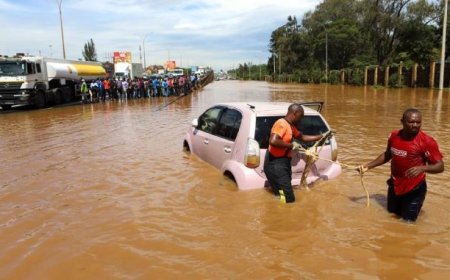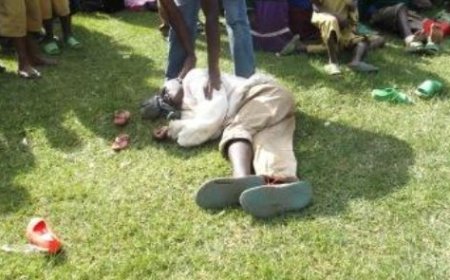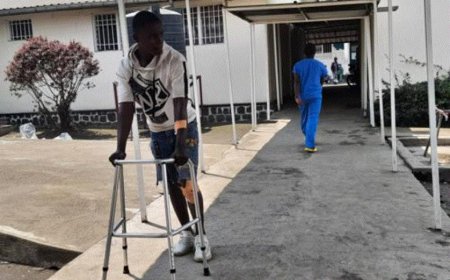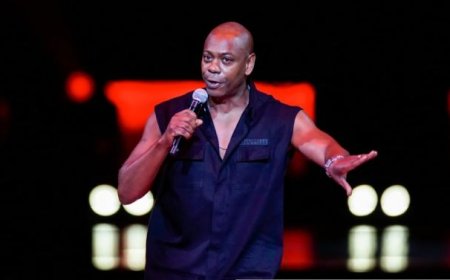Ukraine: Political tensions against a backdrop of crumbling Western support and Russian assaults in Donbas
In Ukraine, divisions are beginning to come to light within the Ukrainian political class, but also between military and political leaders. Relations between President Volodymyr Zelensky and his commander-in-chief Valéri Zalouzhny are said to be strained. The Russian army continues its assaults, The Ukrainian armed forces are in a defensive position on almost the entire front in Donbas. And uncertainties weigh on the continuation of Western support.
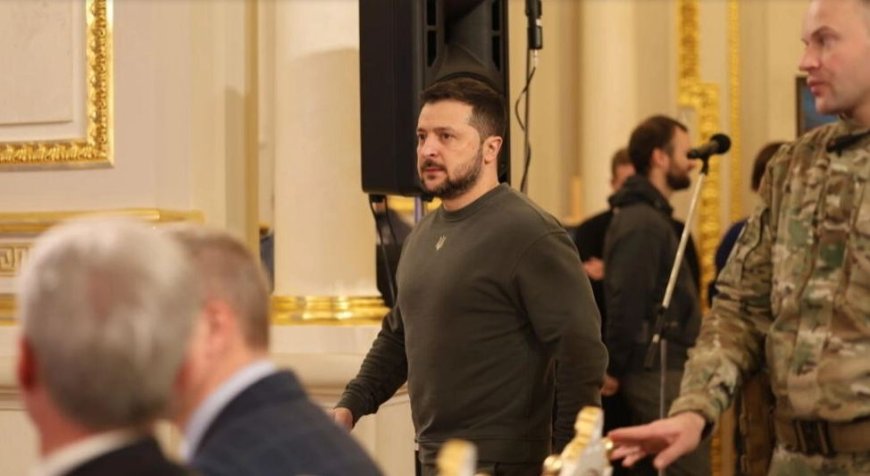
The sacred union observed since the start of the war begins to crack. The public debate, very discreet since February 24, 2022, is regaining vigor, at a time when the Ukrainian army is stalling in its counter-offensive. Even if President Zelensky has ruled out organizing elections shortly, the political games have resumed. The barbs are coming from both the opposition and those in power.
“It is no longer with sadness, but with horror that I look at what is happening in our politics these days. This is a kind of epidemic of internal conflicts that is only getting worse,” notes Ukrainian political scientist Volodymyr Fesenko, director of the Penta Center.
Kyiv Mayor criticizes Ukrainian leader
One of the most virulent criticisms came from the mayor of Kyiv, who is believed to have presidential ambitions. In the German newspaper Der Spiegel, Vitali Klitschko argues that Ukraine is moving towards authoritarianism and that it could cease to be different from Russia, where "everything depends on the whims of one person."
Late last week, former President Petro Poroshenko, now an opposition MP, was barred from leaving Ukraine to attend a series of meetings, including, allegedly, with Hungarian Prime Minister Viktor Orban. The Ukrainian security services saw a risk of “instrumentalization by the Russians”.
According to them, Moscow intended to use a meeting between Petro Poroshenko and Viktor Orban, accused of being “anti-Ukrainian”. “War fatigue is felt and it translates into these questions within society: who is responsible for the situation? Why did the counter-offensive fail? Politicians felt that there was discontent in society and this pushed them to increasingly criticize the president,” notes Volodymyr Fesenko.
Zelensky-Zaluzhny disagreements
The question of responsibility for the failure of the counter-offensive has also reignited the opposition between the two most popular men in the country, President Zelensky and General Valéri Zaluzhny, commander-in-chief of the Ukrainian armed forces.
Last week, The Economist, citing a highly placed Ukrainian source, said that relations between the two men were “execrable”. The online newspaper Ukrainska Pravda devotes an article to their quarrel. He says that Volodymyr Zelensky created parallel lines of communication with the commanders of the ground forces Oleksandr Syrskyi and the air force Mykola Oleschuk, bypassing General Zaluzhny.
The latter would, moreover, not have been informed of the government's decision to dismiss General Viktor Khorenko, head of the Special Forces, and would have learned about it in the press.
Rumors about the estrangement between the head of state and the general have been circulating since spring 2022, but the crisis has reportedly intensified since the visit of Pentagon chief Lloyd Austin to Kyiv two weeks ago.
The presidential administration did not like the statements of the senior officer at U, where he recognized that the counter-offensive was at an impasse and that the war could last for years.
In an interview with the British tabloid The Sun, Volodymyr Zelensky warned the senior officer: “With all the respect I have for General Zalouzhny and all commanders on the battlefield (…), there is no "There is only one hierarchy, according to the law, and in times of war it cannot even be discussed."
A delicate dismissal
In this context of tensions, could a dismissal of the commander-in-chief of the Ukrainian army be on the agenda? This is undoubtedly not the desire that President Zelensky lacks, however, it carries political risks. “If he were ousted, he would become the main alternative to Zelensky,” explains political scientist Volodymyr Fessenko.
The military, today absent from the political game, “could then be pushed to enter politics and would be able to bring together the opposition forces. In this situation, Zelensky would have a real, very powerful competitor.”
According to a poll carried out in November by the Kyiv Rating Group, in the second round of the presidential election, Volodymyr Zelensky would collect 42% of the votes, compared to 40% for Valéri Zalouzhny. In this same survey, 82% of those questioned said they trusted the head of the army, the president only received 72% of the votes.
 Kinyarwanda
Kinyarwanda
 English
English









